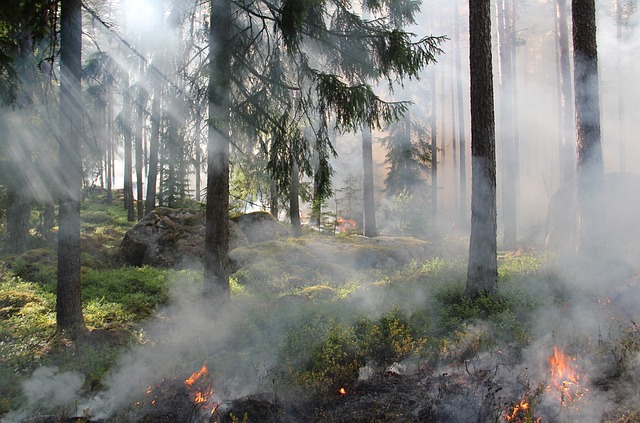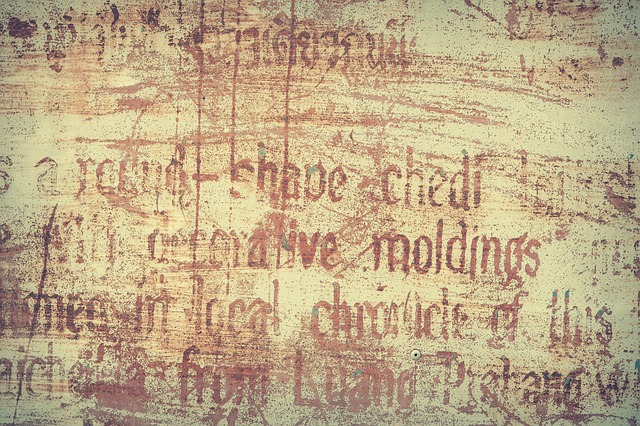Fire-damaged property auctions in Illinois, particularly in Chicago, are a significant segment of the local real estate market, attracting investors and first-time homebuyers. Selling these homes follows stringent legal procedures, with transparent property condition reports and legal documents available. Buyers must be adept at assessing repair costs, navigating Chicago's strict building codes, and understanding local regulations to make informed decisions. The process begins with professional inspections, followed by auctions where buyers can research the property's history and legal aspects. This meticulous approach attracts those seeking real estate opportunities in Chicago, offering discounted prices on homes with renovation potential.
“Uncover the ins and outs of fire-damaged property auctions in Illinois, particularly in Chicago, with our comprehensive guide. We explore the intricate process from beginning to end, including who can participate, the auction buying process, legal considerations, offer preparation, and post-auction ownership. Whether you’re an investor or buyer seeking a unique opportunity, understanding these auctions is key to navigating the market for selling fire-damaged homes in Chicago. Dive into our article to uncover valuable insights and ensure a well-informed decision.”
- Understanding Fire-Damaged Property Auctions in Illinois
- Who Can Participate in These Auctions?
- The Process of Buying a Fire-Damaged Home
- Legal Considerations and Due Diligence
- Preparing Your Offer: What to Expect
- After the Auction: Owning a Damaged Property
Understanding Fire-Damaged Property Auctions in Illinois

Fire-damaged property auctions in Illinois, particularly in Chicago, have become a notable aspect of the real estate market. When a home sustains significant fire damage, the owner may choose to sell it through an auction process, offering potential buyers an opportunity to acquire a property at what could be a discounted price. This avenue is especially attractive for those seeking to buy a home in Chicago, known for its diverse neighborhoods and rich history.
These auctions provide a unique dynamic where both experienced investors and first-time homebuyers can participate. The selling of fire-damaged homes in Illinois follows specific legal procedures, ensuring transparency and fairness. Buyers should be well-informed about the condition of the property, potential repair costs, and local regulations related to rebuilding efforts, especially given Chicago’s strict building codes. Understanding these auctions requires knowledge of the local market, the extent of damage, and the potential for renovation, making it an intriguing segment within the Chicago real estate landscape.
Who Can Participate in These Auctions?

Anyone interested in purchasing a fire-damaged property in Illinois can participate in these unique auctions, making them an attractive option for both investors and first-time homebuyers. These sales are open to the public, allowing a diverse range of buyers to compete for the available properties. From real estate investors looking to flip houses to individuals seeking affordable housing options, the Chicago fire-damaged home auctions cater to various needs.
The process is designed to be accessible, with clear guidelines and regulations in place. Prospective bidders can review the condition reports and legal documents of each property before the auction, ensuring they are fully informed about the state of the fire damage. This transparency encourages fair competition while providing buyers with the necessary information to make informed decisions when selling fire damaged home Chicago.
The Process of Buying a Fire-Damaged Home

Buying a fire-damaged home in Chicago involves a unique and carefully considered process. It begins with assessing the extent of damage, often done by professional inspectors who can provide an accurate picture of repairs needed. This step is crucial as it determines the property’s value post-renovation and helps buyers set realistic expectations. Once the inspection is complete, potential buyers can place bids on these properties during auctions, which are commonly organized in such cases.
The auction process offers a transparent way to determine ownership, with all interested parties having an equal chance to participate. Buyers should thoroughly research the property’s history and legal aspects before bidding, ensuring they understand any associated risks or responsibilities. This meticulous approach not only guarantees a fair deal but also allows buyers to acquire a Chicago home at a potentially discounted price, making it an attractive option for those seeking real estate opportunities in the area.
Legal Considerations and Due Diligence

When considering a purchase at a fire-damaged property auction in Illinois, especially for a selling fire damaged home Chicago, understanding legal considerations and performing due diligence is paramount. Each state has its own set of regulations regarding the sale of distressed properties, so buyers must familiarize themselves with local laws and guidelines. In Illinois, for instance, there are specific rules around the disclosure of property conditions and the rights of purchasers, especially in cases where a home has sustained fire damage.
Due diligence involves a comprehensive investigation into the history and condition of the property. This includes assessing any legal claims or liens against the property, reviewing building codes and permits to understand compliance, and evaluating the extent of the fire damage. A thorough inspection by a qualified professional can reveal hidden issues that may have been affected by the fire, ensuring buyers make informed decisions.
Preparing Your Offer: What to Expect

When considering a purchase at a fire-damaged property auction in Illinois, especially for a selling fire damaged home Chicago, it’s crucial to approach the process with a clear strategy. Before participating, thoroughly inspect the premises and assess the extent of damage. Take into account any necessary repairs or renovations, as well as potential costs associated with decontaminating the space if there was smoke or water damage.
Ensure you understand the auction rules and conditions to make an informed offer. Keep in mind that these sales often attract competitive bidders, so be prepared with a budget that reflects the current market value of similar properties in the area. Consider engaging a professional real estate agent who specializes in fire-damaged property auctions to guide your offer and negotiate on your behalf.
After the Auction: Owning a Damaged Property

After a fire-damaged property auction in Illinois, particularly in Chicago, owning such a property comes with both challenges and opportunities. While the damage might be extensive, resulting in lower starting bids, savvy investors see potential for renovation and profit. Before bidding, it’s crucial to thoroughly inspect the property to assess the scope of repairs needed—a process that can reveal hidden costs but also unexpected value.
Owning a fire-damaged home allows for creativity in design and renovation. Many buyers opt to transform these properties into modern, safe living spaces, contributing to Chicago’s vibrant real estate market. The selling of a fire-damaged home in Chicago requires careful consideration of not just the property’s state but also the local housing market trends. With the right approach, buying and renovating such homes can be a rewarding experience, offering a unique opportunity to own a piece of Chicago’s history.
Fire-damaged property auctions in Illinois, particularly in Chicago, offer unique opportunities for buyers seeking affordable real estate. Understanding the process, from recognizing eligible properties to making informed offers, is crucial for successful navigation of these auctions. By being aware of legal considerations and due diligence requirements, prospective buyers can navigate the market effectively. Remember that while fire-damaged homes may present challenges, they also offer a chance to own property in the vibrant Chicago landscape at potentially lower costs.






